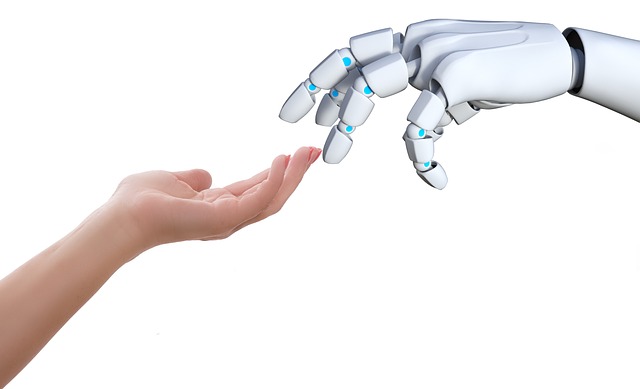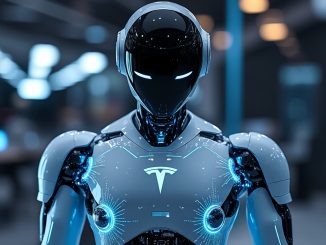
In a thought-provoking opinion piece, two philosophers have issued an warning of what some view as a dystopian future directed by Brain-Computer Interfaces (BCIs) technology.
Sandy Boucher and John Kendall Hawkins, respected philosopher-scholars at the University of New England, penned an article for The Conversation where they opined that we’re on a trajectory towards “the singularity” with BCIs being the “first stage” on that path.
The concept of “singularity,” made famous by mathematical genius Alan Turing and computer scientist/inventor Ray Kurzweil, is a far-reaching belief that looking towards the future could lead to the technological breakthroughs necessary for man to merge with machines.
This merging, in which human beings and machines will no longer be distinct entities, will create a new level of intelligence which could have unprecedented implications.
Often referred to as artificial general intelligence (AGI), “singularity theory” suggests that this adaptation, a feat that could be accomplished as soon as 2045, if not sooner, could lead to an exponential increase in our ability to think, solve problems and create solutions on both an individual and global level.
It is an exciting area of thought which leaves us only scratching the surface of what is yet to come.
According to Boucher and Hawkins, this theoretical moment “would mark the dawn of our inseparability from machines.” And “|f|rom that moment on,” they say, “we won’t be able to live without them without ceasing to function as human beings.”
Mind Machine
While some fear the rise of artificial intelligence (AI), futurists are just as concerned about brain computer interface implants.
“BCIs are a natural beginning to the singularity in the eyes of many futurists,” the philosophers wrote, “because they meld mind and machine in a way no other technology so far can.”
Elon Musk’s Neuralink BCI technology is an ambitious venture, aiming to assist paraplegic people in regaining mobility and allowing blind individuals the capability of seeing once more. Furthermore, it aims to upgrade our brains by implanting electrodes that directly access information within us; making us faster and amplifying our capacities beyond what we could ever imagine possible!
Synchron is another BCI startup focused on aiding those with disabling conditions such as paralysis by enabling them to live their lives differently.
These technologies possess incredible potential to revolutionize our society for generations to come. For instance, Syncron “has created a minimally invasive implant that allowed a patient with amyotrophic lateral sclerosis (ALS) to send emails and browse the internet using his thoughts,” the philosophers noted.
From a medical standpoint, this technological progress is an exciting development. However, it could be seen as the initial steps towards singularity – when humans and machines become one entity.
“This need not imply machines will become ‘sentient’ or control us,” Boucher and Hawkins wrote, adding that “the integration itself”, however, “and our ensuing dependency on it, could change us irrevocably.”
To put it simply, the potential power bestowed upon machines by AI gives them an unprecedented amount of authority in our lives. That said, it is impossible to really know how these changes will affect us in the long-term. Will we be able to keep up with a world run by intelligent robots? Will existing social, political, and economic structures be completely uprooted?
It is up to society to consider these questions early on in order to prevent any possible unfortunate outcomes from occurring. We must also strive to create frameworks that take advantage of this progressive and innovative technology while enforcing ethical standards and protecting rational decision-making among individuals.
By understanding the implications of AI integration, we can make sure we don’t indefinitely cross a line from which there is no return.
h/t: Futurism
- Bulenox: Get 45% to 91% OFF ... Use Discount Code: UNO
- Risk Our Money Not Yours | Get 50% to 90% OFF ... Use Discount Code: MMBVBKSM
Disclaimer: This page contains affiliate links. If you choose to make a purchase after clicking a link, we may receive a commission at no additional cost to you. Thank you for your support!




Leave a Reply